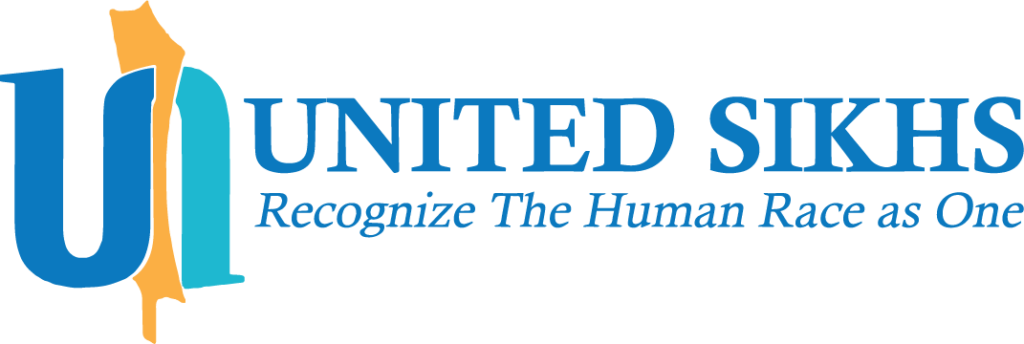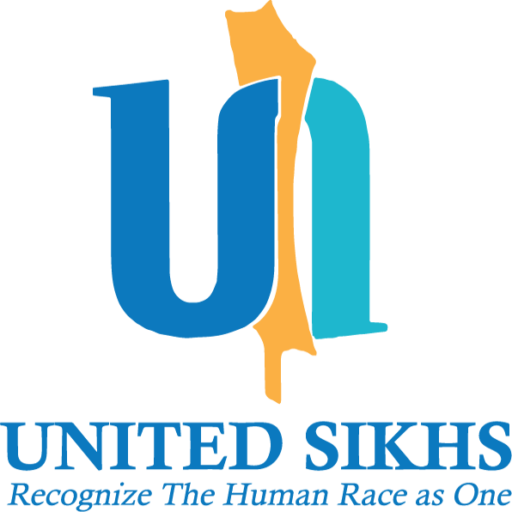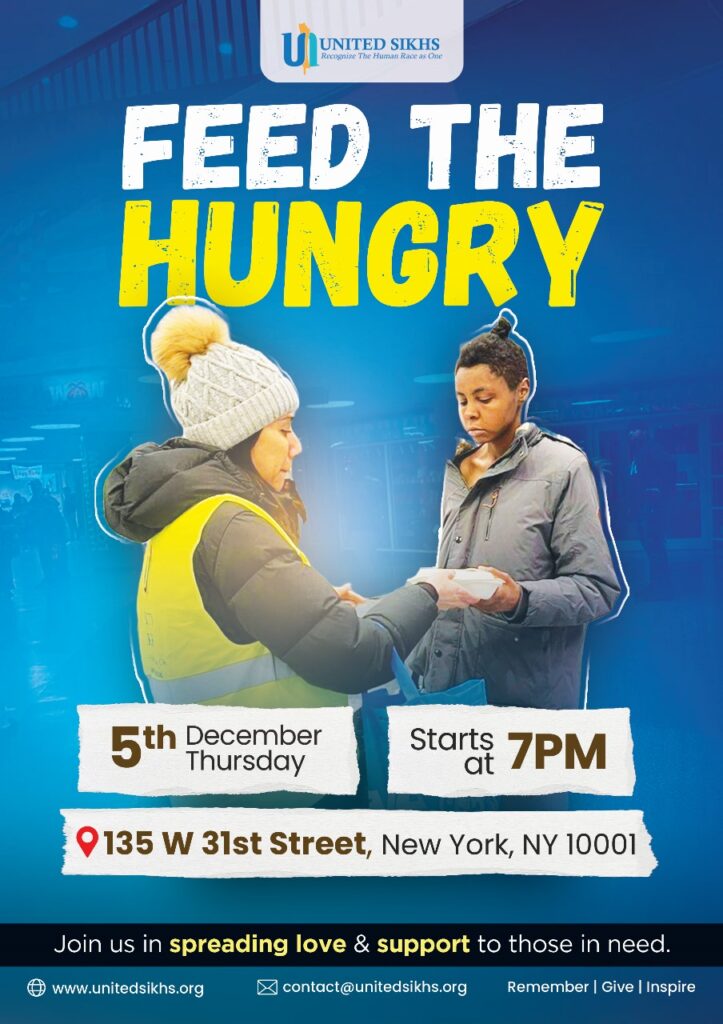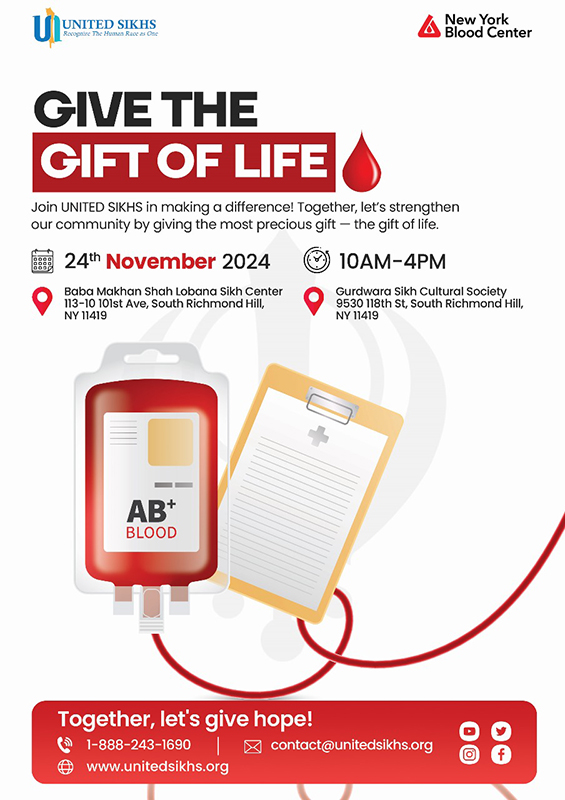Remembering the 1984 Sikhs Pogrom
In early June 1984, India witnessed a tragic event that would forever impact the Sikh community. The situation in Punjab was tense, with months of unrest leading up to this period. On June 1, 1984, thousands of Sikhs gathered at the Darbar Sahib (Golden Temple) in Amritsar, seeking solace and community amidst the turmoil. However, the Indian government imposed a strict curfew, cutting off all communication and barring journalists from the area. The Prime Minister of India ordered Operation Blue Star, a military assault involving 12,000 troops, tanks, artillery, and helicopters.
The assault on the Golden Temple resulted in the loss of thousands of lives, leaving a deep scar on the Sikh community. For forty years, the pain and trauma of the 1984 events have persisted, with many responsible for the atrocities remaining unaccountable. The Sikh community continues to face hate crimes, bias, and a new form of threat—transnational repression—extending to Sikh communities in the United States, Canada, and beyond.
UNITED SIKHS has remained unwavering in its mission to protect and advocate for the rights of minorities worldwide. Through our International Civil & Human Rights Advocacy (ICHRA) wing, we are dedicated to defending civil and human rights against all forms of oppression. In response to the rising threat of transnational repression, we have launched initiatives that involve close collaboration with law enforcement and community organizations to ensure the safety and rights of Sikhs globally. We are committed to leading these efforts at both national and state levels, working tirelessly to protect the community from foreign entities’ ongoing threats.



